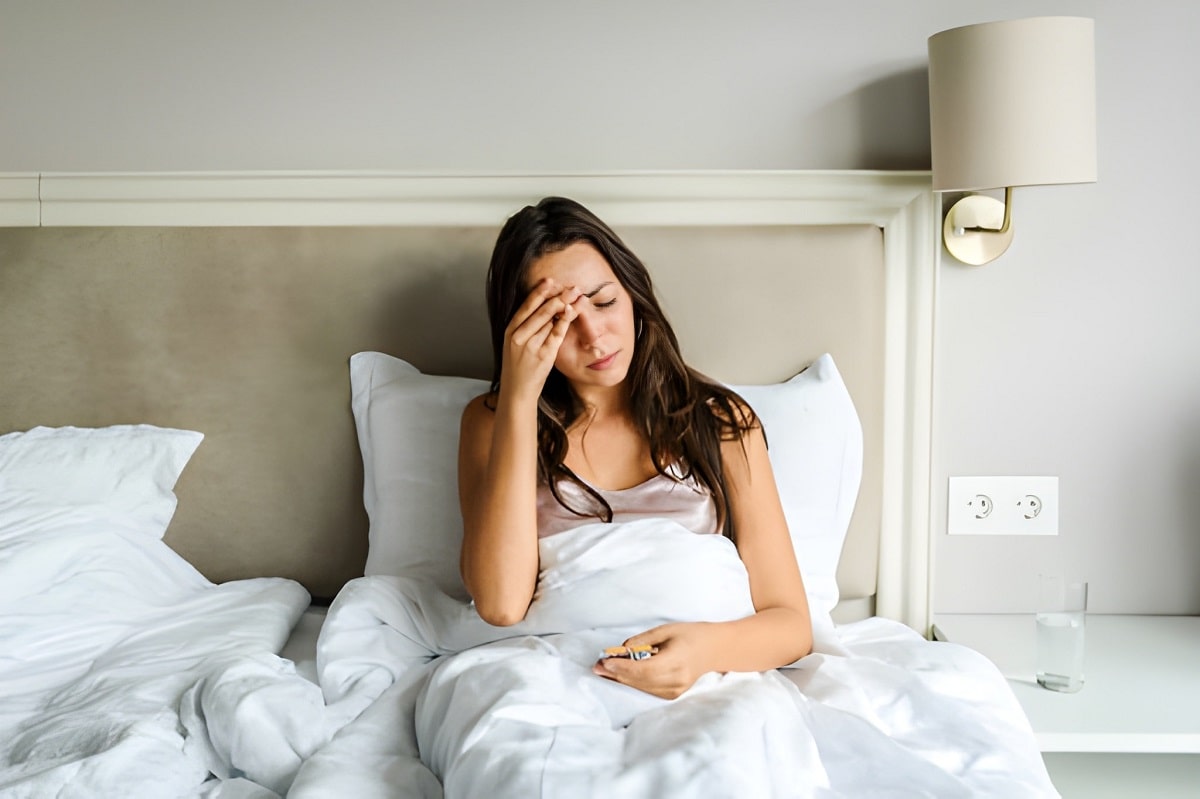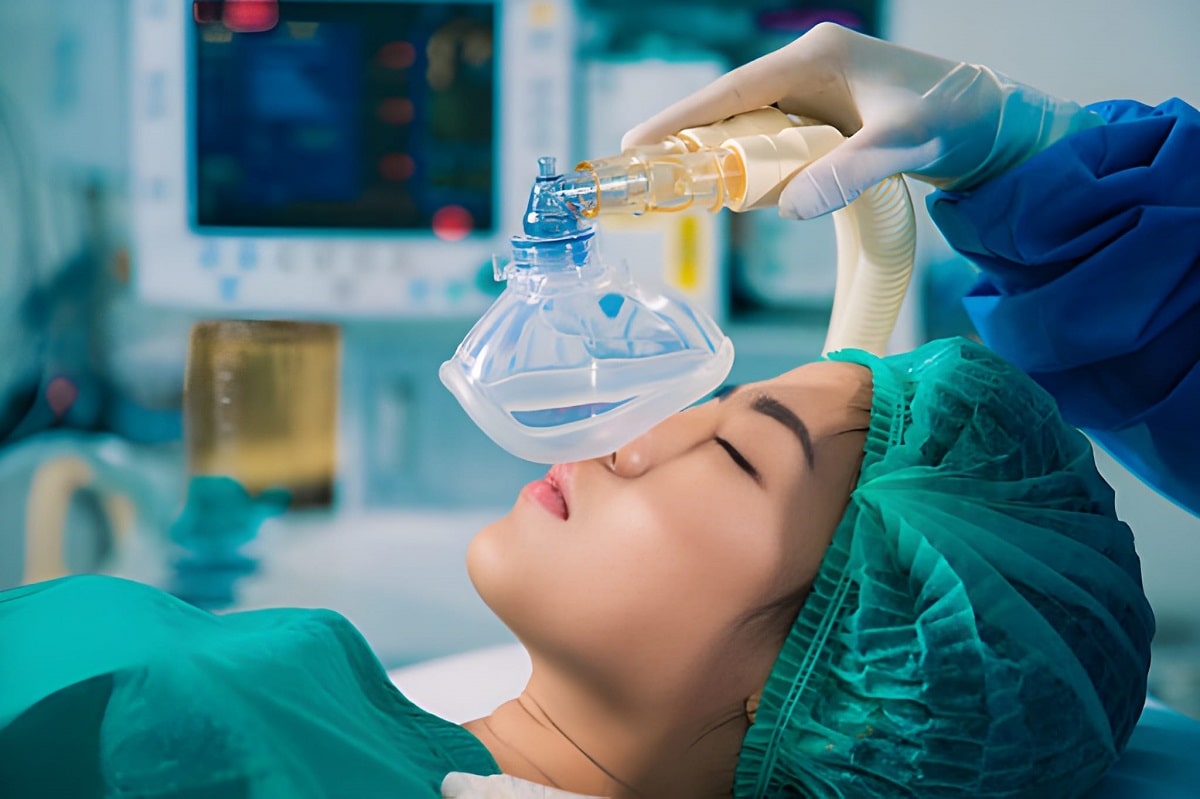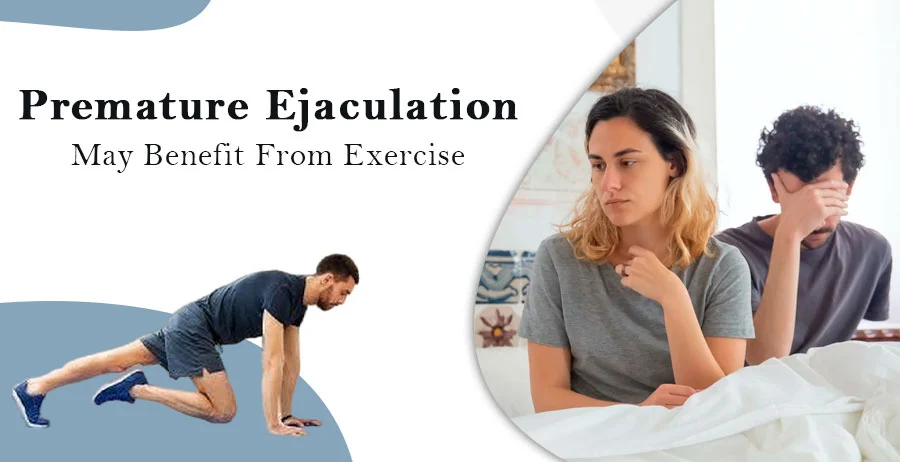Modern women do not have to stay at home during Pregnancy. Pregnant women should discuss the precautions with the travel medical doctor before arranging the itinerary. As long as you accept the advice of special anti-epidemic injections and other preventive measures before you go out and book a flight, you can also have a happy and safe journey.
Pregnant Women can safely go to different countries, but it must not be a country where malaria (Malaria) is prevalent. Malaria is extremely serious for pregnant women and can cause miscarriage. And the most effective malaria pills are not safe for pregnant women.
- Pregnant Women go out Rhythm
- Pregnant Women’s Epidemic Prevention
- Medicine
- Food Tips
- On the road
Safe Period for Pregnant Women to Go Out
- 12-16 weeks: The second trimester is a safe period for Travel. During the 12 to 16 weeks of pregnancy, the risk of miscarriage is very low, and the discomfort usually disappears in the morning.
- 28 weeks: After 28 weeks of pregnancy, it will be more inconvenient due to swelling of the belly. You also need to take a nap in the afternoon, and your feet may experience swelling.
- 36 weeks: Generally, airlines will not accept pregnant women who are more than 36 weeks old. If possible, you should choose to go to countries with high medical standards.
Pregnant Women’s Epidemic Prevention
Some vaccines are safe for pregnant women, but for details, please check with your doctor first. Infecting malaria during pregnancy is very dangerous for both the mother and the fetus. Therefore, if it is not necessary, do not travel to countries where malaria is endemic. No malaria pill is both effective and safe for pregnant women. Chloroquine, a malaria drug, is relatively safe for pregnant women.
Doctors do not recommend giving Lariam (Mefloquine) to children (weight under 15 kg) or pregnant women. Women should use reliable contraception within three months after taking Lariam. Pregnant women should not take Doxycycline. This medicine will also blacken the growing teeth of the fetus. It takes at least seven days to get pregnant after taking some medicine. Paludrine is safer for pregnant women.
Accompanying Medications
The immune status during pregnancy is poor and it is easier to get sick, so be careful with your diet. Fever can also increase the risk of miscarriage. Pregnant women should bring the following items when going out:
- Paracetamol and Gastrolyte.
- Prevent varicose veins stockings.
- Antibiotics are generally available to prepare for the need, usually to fight the respiratory system or bladder anus inflammation, these are more serious for pregnant women.
- Vitamins, folic acid can be taken in the first 12 weeks of pregnancy , but you should check with your doctor before taking these drugs.
Food and Drink Tips
If this is your first child, read the information about pregnancy progress first. Pregnancy can make you hungry, tired and urinating more frequently. In case of the above problems, try the following methods:
Carry dry food in case you can’t find suitable food to satisfy your hunger.
Depending on the region you travel to, you may need to take vitamin supplements.
Avoid eating foie grass and soft cheese to prevent Listeriosis. This disease may be life-threatening to the fetus.
Dehydration is very common for general travelers, as well as for pregnant women, you should always have sufficient and clean drinking water.
Details During the Journey
Although the oxygen on the plane will be thinner, it will not affect the fetus under normal circumstances. The air on the plane is very dry, you need to drink a drink every hour, juice and water are the best choices.
- Avoid gas-filled beverages. The gas in your intestines and stomach will expand by 20% than normal, making you feel bloated and uncomfortable.
- Drinking alcoholic beverages is strictly prohibited.
- Get up and walk every hour to prevent swelling of your feet.
- Wearing simple clothes makes it easy to go to the toilet frequently.
- Plan your trip so that you can arrange enough rest time.
- The seat should be close to the aisle so that you can stretch your feet from time to time to reduce swelling caused by prolonged flexion.
This article was reviewed by our consultant doctor











